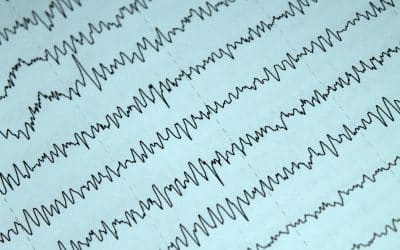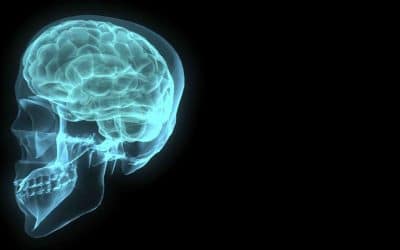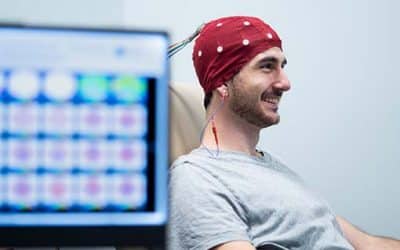Abstract Magnesium is one of the most important elements in the human body and is involved in a number of biochemical processes crucial for the proper functioning of the cardiovascular, alimentary, endocrine, and osteoarticular systems. It also plays a vital...
Neurofeedback
Neurofeedback Treatment and Posttraumatic Stress Disorder: Effectiveness of Neurofeedback on Posttraumatic Stress Disorder and the Optimal Choice of Protocol
Abstract Neurofeedback is an alternative, noninvasive approach used in the treatment of a wide range of neuropsychiatric disorders, including posttraumatic stress disorder (PTSD). Many different neurofeedback protocols and methods exist. Likewise, PTSD is a...
Specific effects of EEG based neurofeedback training on memory functions in post-stroke victims
Abstract: Background: Using EEG based neurofeedback (NF), the activity of the brain is modulated directly and, therefore, the cortical substrates of cognitive functions themselves. In the present study, we investigated the ability of stroke patients to control their...
The mechanism of neurofeedback training for treatment of central neuropathic pain in paraplegia: a pilot study
Abstract Background: Central neuropathic pain has a prevalence of 40% in patients with spinal cord injury. Electroencephalography (EEG) studies showed that this type of pain has identifiable signatures, that could potentially be targeted by a neuromodulation therapy....
Quantitative EEG Neurometric Analysis-Guided Neurofeedback Treatment in Dementia: 20 Cases. How Neurometric Analysis Is Important for the Treatment of Dementia and as a Biomarker?
Abstract Dementia is a debilitating degenerative disorder where the sufferer's cognitive abilities decline over time, depending on the type of dementia. The more common types of dementia include Alzheimer's disease and vascular or multi-infarct dementia. In this...
Mitochondria DNA Change and Oxidative Damage in Clinically Stable Patients with Major Depressive Disorder
Abstract Background: To compare alterations of mitochondria DNA (mtDNA) copy number, single nucleotide polymorphisms (SNPs), and oxidative damage of mtDNA in clinically stable patients with major depressive disorder (MDD). Methods: Patients met DSM-IV diagnostic...
Pharmacological Treatment for Generalized Anxiety Disorder in Adults: An Update.
Abstract Introduction: Modest response and remission rates for the selective serotonin reuptake inhibitors and the serotonin-norepinephrine reuptake inhibitors, coupled with mounting evidence that the tolerability of the antidepressants (ADs) may have been overstated...
Role of translocator protein density, a marker of neuroinflammation, in the brain during major depressive episodes
Abstract Importance: The neuroinflammatory hypothesis of major depressive disorder is supported by several main findings. First, in humans and animals, activation of the immune system causes sickness behaviors that present during a major depressive episode (MDE), such...
A Systematic Review of the Safety and Effect of Neurofeedback on Fatigue and Cognition
Abstract Background: Many cancer survivors continue to experience ongoing symptoms, such as fatigue and cognitive impairment, which are poorly managed and have few effective, evidence-based treatment options. Neurofeedback is a noninvasive, drug-free form of brain...









